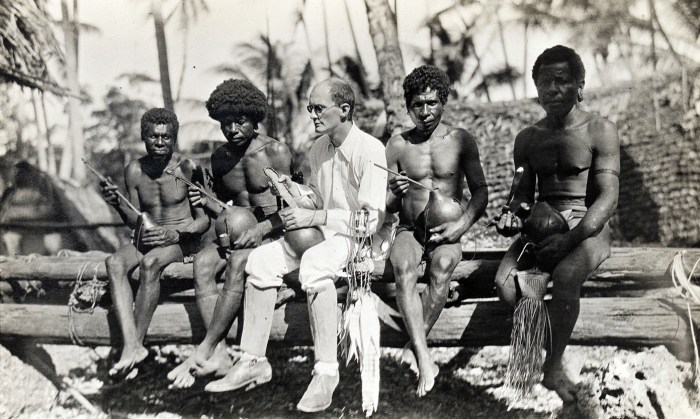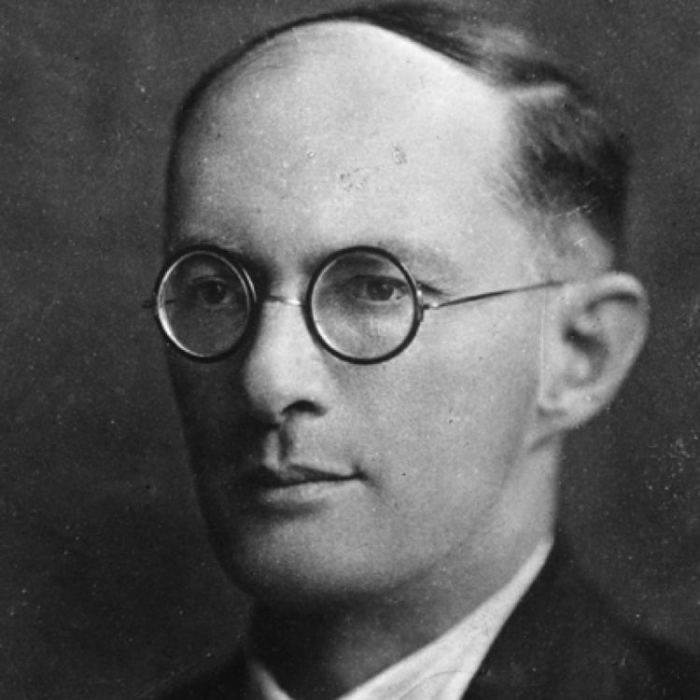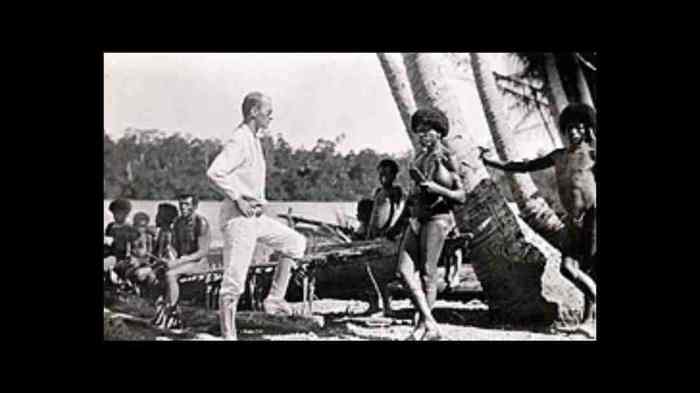Anthropologist bronislaw malinowski called small talk: – Anthropologist Bronislaw Malinowski called small talk “phatic communion,” a form of communication that serves to establish and maintain social bonds rather than convey information. Malinowski’s insights into the functions and significance of small talk have had a profound impact on our understanding of social interaction and communication.
Malinowski believed that small talk played a crucial role in facilitating social interaction and relationship-building. By engaging in small talk, individuals can establish common ground, build rapport, and create a sense of belonging.
Bronislaw Malinowski’s Definition of Small Talk: Anthropologist Bronislaw Malinowski Called Small Talk:

Bronislaw Malinowski, an influential anthropologist, coined the term “phatic communion” to describe small talk. He defined it as a type of communication that serves to establish and maintain social bonds rather than convey information.
According to Malinowski, small talk has several characteristics:
- It is often formulaic and repetitive, with predictable phrases and topics.
- It is typically non-controversial and avoids sensitive or personal subjects.
- It is usually brief and does not delve deeply into any particular topic.
Functions of Small Talk in Malinowski’s View
Malinowski believed that small talk plays a crucial role in social interaction by:
- Facilitating social interaction:Small talk helps break the ice, create a sense of camaraderie, and reduce awkward silences.
- Building relationships:Engaging in small talk allows individuals to establish connections, build trust, and strengthen relationships.
- Establishing and maintaining social norms:Small talk helps reinforce cultural expectations and social norms, such as politeness and respect.
Cross-Cultural Perspectives on Small Talk, Anthropologist bronislaw malinowski called small talk:
Malinowski’s views on small talk have been influential in anthropology, but other researchers have offered contrasting perspectives.
- Edward T. Hall:Hall proposed that the prevalence and significance of small talk vary across cultures, with some cultures valuing it more than others.
- Erving Goffman:Goffman emphasized the role of small talk in managing social interactions and maintaining social order.
- Deborah Tannen:Tannen explored the gendered nature of small talk, arguing that women and men engage in it differently.
Contemporary Applications of Malinowski’s Theory
Malinowski’s insights into small talk remain relevant today and have been applied in various contexts:
- Business:Small talk is essential for building rapport and creating a positive atmosphere in business interactions.
- Education:Teachers use small talk to establish connections with students and create a conducive learning environment.
- Interpersonal relationships:Small talk plays a vital role in maintaining healthy and fulfilling relationships by fostering communication and connection.
FAQ Explained
What is Malinowski’s definition of small talk?
Malinowski defined small talk as “phatic communion,” a form of communication that serves to establish and maintain social bonds rather than convey information.
What are the functions of small talk according to Malinowski?
According to Malinowski, small talk facilitates social interaction and relationship-building, establishes and maintains social norms and expectations, and provides a sense of belonging.
How does Malinowski’s theory of small talk apply to contemporary society?
Malinowski’s insights into small talk remain relevant in contemporary society, providing valuable insights into the complexities of human communication and social interaction. His work has influenced fields such as linguistics, anthropology, and communication studies, and continues to inform our understanding of how we use language to connect with others.


